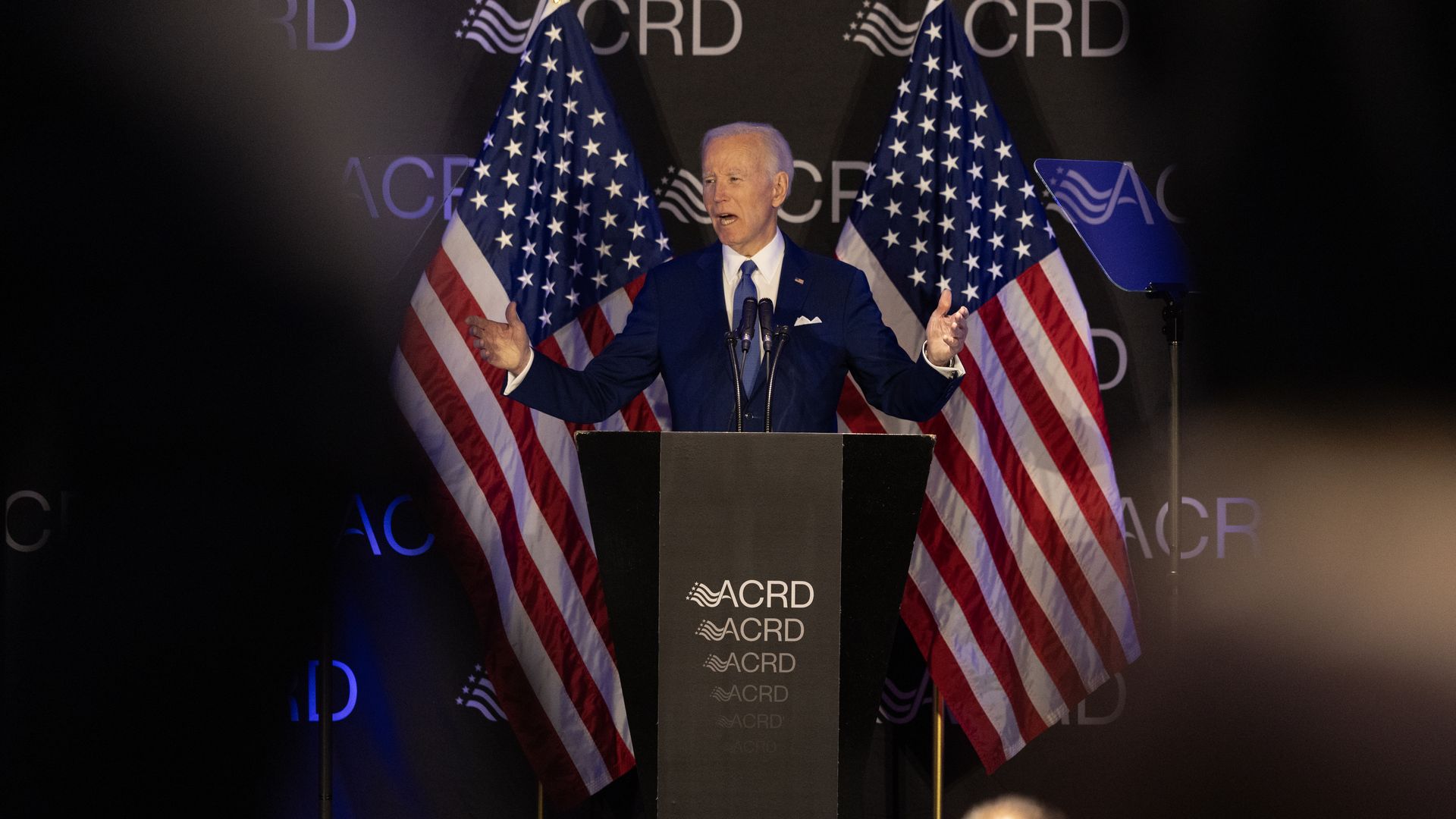“Cancer touches every family, including ours. But I have complete faith in the doctors, and I’m staying strong — for my family, for my country.” – Joe Biden
In May 2025, former U.S. President Joe Biden, aged 82, was diagnosed with an aggressive form of prostate cancer, marking a significant moment in both his personal life and the broader national discourse on health and leadership. The diagnosis, characterized by a Gleason score of 9 and metastasis to the bone, has prompted discussions on medical transparency, age-related health screenings, and the responsibilities of public figures in disclosing health issues.
Biden's diagnosis came after he experienced increasing urinary symptoms, leading to medical evaluations that revealed a prostate nodule. Further tests confirmed the presence of aggressive prostate cancer that had spread to his bones. Despite the severity, his medical team noted that the cancer is hormone-sensitive, allowing for potentially effective management through hormone therapy and other treatments.
This diagnosis places Biden among a group of U.S. presidents who have faced significant health challenges while in or after leaving office. Historically, presidential health issues have often been shrouded in secrecy, but Biden's openness about his condition reflects a shift towards greater transparency. Public figures and citizens alike have expressed support, with former President Donald Trump extending best wishes for Biden's recovery.
Biden's last prostate-specific antigen (PSA) test was in 2014. Current guidelines from the U.S. Preventive Services Task Force recommend against routine PSA screening for men over 70, citing potential risks outweighing benefits. However, Biden's case has reignited debates about these guidelines, with some experts advocating for individualized screening decisions based on personal health profiles rather than age alone.
Biden's health had been a topic of discussion during his presidency, particularly concerning his age and cognitive abilities. A recent book, Original Sin by Jake Tapper and Alex Thompson, alleges that Biden and his inner circle may have downplayed signs of decline to pursue a second term, leading to questions about transparency and decision-making within his administration. These revelations have sparked conversations about the importance of honesty regarding leaders' health statuses.
Despite his diagnosis, Biden made a public appearance at his grandson Robert Hunter Biden II's high school graduation in Connecticut, accompanied by his family. This event marked his first public outing since the announcement of his illness, showcasing his determination to remain engaged in family and public life.
Biden's diagnosis has brought prostate cancer into the national spotlight, encouraging discussions about men’s health and the importance of early detection. Prostate cancer is the most common cancer among men in the U.S., and while many cases are treatable, advanced stages like Biden's have a significantly lower five-year survival rate. His openness may inspire others to prioritize regular health check-ups and screenings.
Former President Joe Biden's battle with aggressive prostate cancer underscores the intersection of personal health and public responsibility. His diagnosis has prompted critical evaluations of health screening guidelines, transparency in leadership, and the societal perceptions of aging and illness. As Biden navigates his treatment, his experience serves as a catalyst for broader conversations about health, leadership, and the human aspects of public figures.
Key Takeaway
“Cancer touches every family, including ours. But I have complete faith in the doctors, and I’m staying strong — for my family, for my country.” – Joe Biden In May 2025, former U.S. President Joe B
